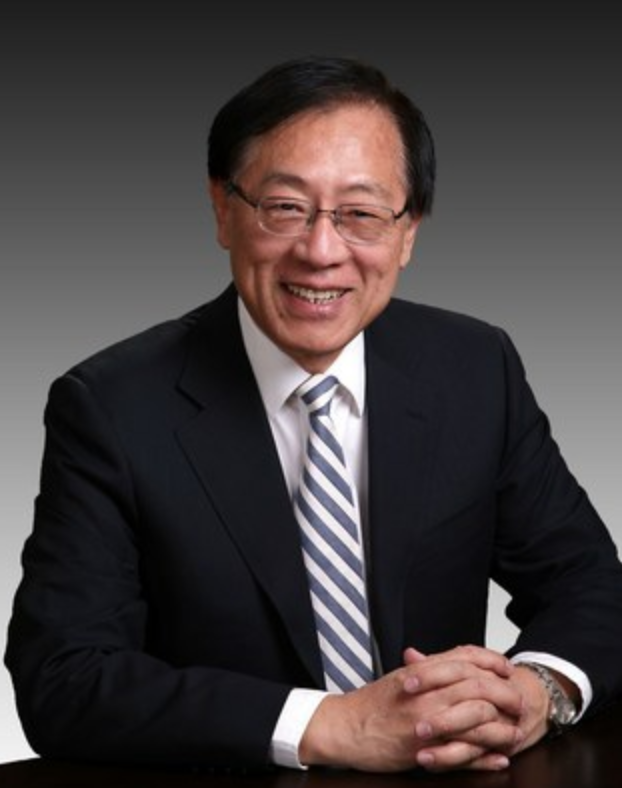Chinese computer science expert, winner of the 2000 Turing Award, foreign member of the National Academy of Sciences, foreign member of the American Academy of Arts and Sciences, member of the Chinese Academy of Sciences, member of the Academia Sinica, Taiwan, founding member of the Hong Kong Academy of Sciences, and director of the Institute of Interdisciplinary Information at Tsinghua University , Professor at the Center for Advanced Research at Tsinghua University, Bowen Chair Professor at the Chinese University of Hong Kong, and Director of the Tsinghua University-MIT-Chinese University of Hong Kong Theoretical Computer Science Research Center. He was elected a member of the National Academy of Sciences in 1998. He was the first and only Turing Award winner in China in 2000. He has been a full-time professor at Tsinghua University since 2004 and was elected as a foreign academician of the Chinese Academy of Sciences in the same year. Elected as a founding member of the Hong Kong Academy of Sciences in 2015; In 2016, he gave up his U.S. citizenship and became a Chinese citizen, officially becoming an academician of the Chinese Academy of Sciences. He was awarded the Kyoto Prize in 2021.

Computational theory and its application in cryptography and quantum computing first proposed the complexity of quantum communication, proposed the distributed quantum computing model, and later became the basis of distributed quantum algorithms and the security of quantum communication protocols.
Stage 1: As early as during the doctoral study, Yao Zhizhi proposed the demonstration of the complexity of randomized algorithms and made fundamental innovations in the innovation of data structures. An important subfield of computer science: computational theory of communication complexity and pseudorandom number generation. In "Should tables be sorted?" In this paper, he introduces a data structure abstract model called cell-probe Model, which has been widely used to create lower bound proofs of algorithms.
Stage 2: Yao Zhizhi returned to Stanford University from the computer science department of the University of California, Berkeley, and gradually shifted his research focus from the original algorithm theory to the field of cryptography, computer security and random computing. Later, it has also become one of the basic problems of cryptographic protocol research, and has been widely used to solve many computing problems such as data mining, database query, scientific computing and so on. He laid the foundation of modern cryptography and made fundamental contributions to complexity based cryptography and security formalization methods.
Stage 3: Yao Zhizhi extended the communication seal complexity to the field of quantum computing, completed the theoretical basis of quantum computers, and proposed the distributed quantum computing model, which later became the basis of distributed quantum algorithms and the security of quantum communication protocols. For his fundamental contributions to the theory of computing, including complexity-based pseudorandom number generation, cryptography, and the theory of communication complexity, the Association for Computing Machinery (ACM) awarded him the Turing Award and a million dollar Prize in 2000 in recognition of his significant contributions to the computing world.